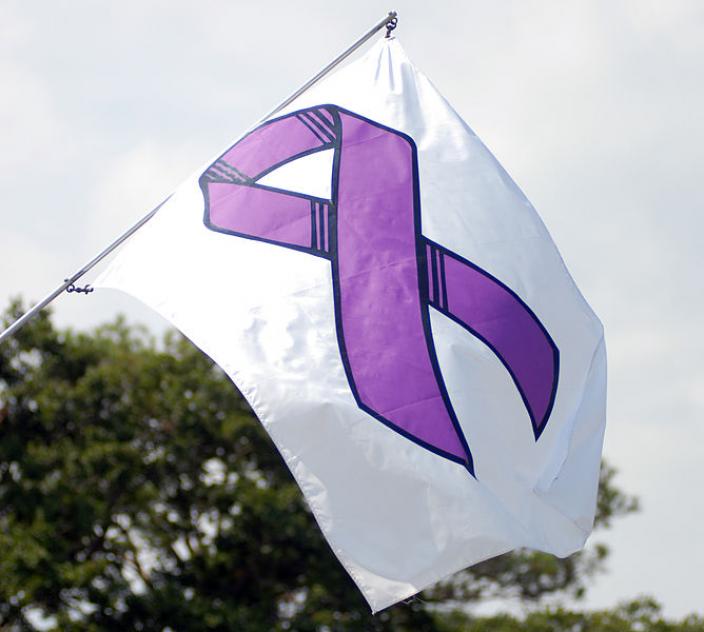
This week’s parsha, Ha’azinu, is the shortest portion in the Torah. It contains the Song of Moses, much of which is a dire prophecy describing what will happen when the Jewish people become “crooked” and “perverse”. This prophecy gives us a basis, along with the Ten Commandments, for what is the right way to behave, for our social advocacy work, and for our monotheism.
Ha’azinu means “To Listen” or “Hear”. God wants Moses to tell the people in song, so it is easy to remember. And he wants to be sure they “hear” the troubling message.
What I took from the portion is more the need, today, to share and remember, not just hear. And that in our sharing and remembering we are dealing with family connections and with what sets us apart as a people - both our religious and inherent social consciousness.
Today, many of us are without close family nearby. The “be-gats” that are so important in the Books of Moses are gone for our generation. The family inter-generational celebrations, the cousins, the extended family, the childhood friends from religious school are no longer part of our community. Sisterhood gave me back the family of women and relationships that I had; it has tied me and my family to our temple and to WRJ.
“Ask your father, he will inform you, Your elders, they will tell you.” Those ties, that sense of belonging, is broken for many of us and our children. WRJ gives us the ability to build community where we are. It worked for my generation - maybe because we knew what we were missing and WRJ filled the gap - and gave to us the sisters and family members that we had lost in our own diaspora. Perhaps this is one of the reasons WRJ is having some challenges in bringing in “younger” women. They might not have grown up with the security and closeness of extended family, so they don’t know to miss it. Finding ways to attract these “younger” women, who supposedly are not joiners, but are parents and are socially conscious, is the challenge for the rest of this decade.
WRJ gives us many opportunities for sharing our religious experiences - both in and out of temple. Look at the WRJ website - wrj.org. Look at the effort, thought and work that went into the section on Jewish Life. Each holiday has learnings and activities to help us develop our personal connection to the holidays as well as programs and projects to create intergenerational interactions and meaningful projects for children. Looking at the recipes, games, and stories helps us develop the ability to “inform and tell” our children what is important about the holidays and our Jewishness. Using our women’s group to teach, suggest, lead, and embrace the holidays can encourage participation in those women who are feeling their way into their own holiday observances.
This came home to me rather forcefully when I went to a Sisterhood Shabbat luncheon at a temple in my Area. The rabbi talked about really engaging children in the Passover Seder. I grew up with Passover at my grandparent’s home, and with a grandfather who read the service in Hebrew; and as children we read the four questions, reclined on pillows and waited to eat. With my children, we went through a number of different Haggadot, but basically just read through the service. How different (and what opportunities did I miss), if instead we had actively engaged the children in games, costumes, and activities that were related to the holiday; what a more meaningful teaching/family experience. Giving women the opportunity to share successful strategies that promote the different holidays and experience is an easy “program” to run - one I wish I had been offered.
Beyond the holidays, but implicit in them, as well as throughout the Torah, is the awareness of society and looking out for those that need protection. Social awareness and advocacy is another keystone of our beliefs. And while this parashah is very appropriate for the high holidays, and especially when generalized, to this society we now find ourselves in, WRJ has always led the way in identifying and protecting those in need of help and support.
I was proud of the opportunity to join WRJ in the Women’s March in NYC. Proud of all the WRJ Districts and their participation in Women’s Marches across the country. I follow Jewish/WRJ advocacy issues and promote them through our Sisterhood, District and WRJ. Since 1913, WRJ has taken up the causes of immigrants, women, children, the health and safety of our environment and people. This teaching is beyond words. This is putting our beliefs into action. WRJ is very important as a leader in social advocacy of the Reform Jewish community.
WRJ gives me voice, direction, an extended family, outlet for social responsibility and so much more. We are a “people.” Stronger Together!
Hillary Handwerger is past president, multiple times, of Temple Beth Emeth Sisterhood (now Women of TBE), Ann Arbor, MI. She is a WRJ and Central District Board member and is now serving as Webmaster, Tribute Book Chair, and Area Director for Eastern Michigan.
Related Posts

Parashat Yom Rishon shel Rosh HaShanah

Cultivating a Culture of Accountability and Belonging

